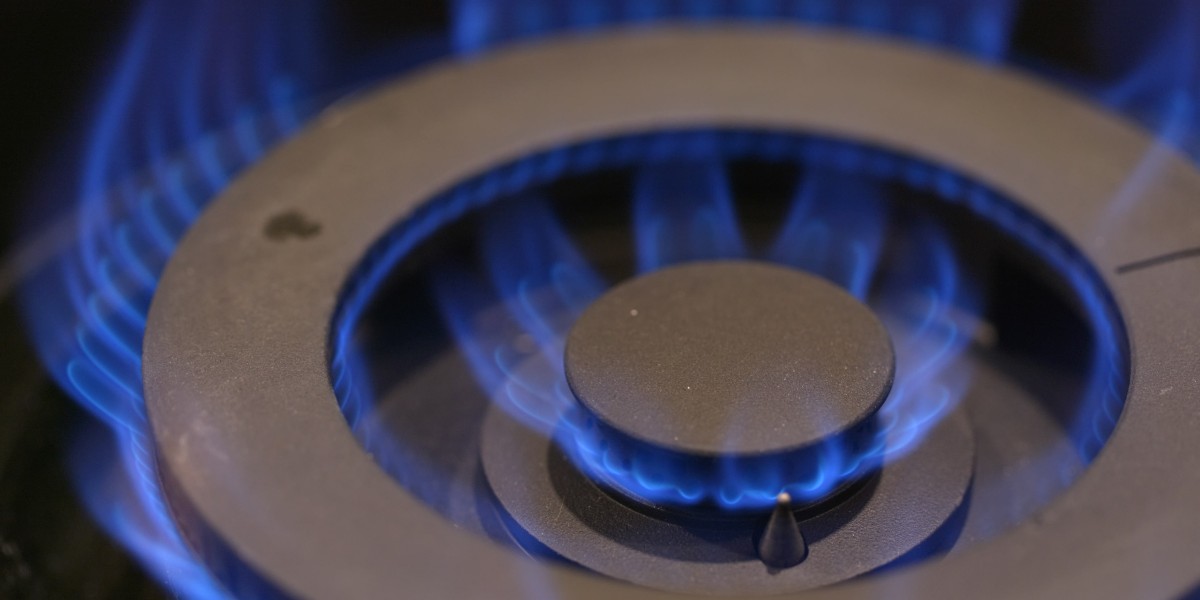Gas appliances are integral to our modern lives, powering essential needs such as heating, cooking, and hot water. However, the proper installation, maintenance, and inspection of these appliances are critical to ensuring safety. One crucial requirement in this regard is the Gas Safety Certificate. Whether you're a homeowner, tenant, or landlord, understanding the role and significance of gas safety certificates is essential for keeping yourself and others safe.
What is a Gas Safety Certificate?
A Gas Safety Certificate, officially known as a Gas Safety Record (often referred to as a CP12 in the UK), is a legal document issued by a registered gas engineer after completing a safety check on gas appliances and systems in a property. The inspection ensures that appliances such as boilers, ovens, and other gas-powered equipment are functioning properly and safely.
The certificate is a formal confirmation that all gas installations comply with safety regulations and do not pose any risk of gas leaks, carbon monoxide poisoning, or explosions. It is mandatory in several countries, including the UK, to ensure the safety of residents and property.
Who Needs a Gas Safety Certificate?
Landlords: By law, landlords are required to obtain a gas safety certificate for any rental property that has gas appliances. This must be renewed annually, and a copy must be provided to tenants within 28 days of the inspection or when they move in. It’s a key part of ensuring that landlords meet their legal duty to provide safe living conditions.
Homeowners: While homeowners are not legally required to have a gas safety certificate, regular checks are highly recommended. This helps avoid potential risks to health and property due to faulty gas appliances.
Business Owners: If a business operates premises that have gas appliances (like restaurants with gas ovens or factories with gas heating systems), it is the owner's responsibility to ensure they are regularly inspected and deemed safe.
What Does the Gas Safety Inspection Include?
During a gas safety check, a qualified gas engineer will:
- Inspect gas appliances to ensure they are working correctly.
- Check for gas leaks.
- Verify that ventilation routes are unobstructed and adequate for gas consumption.
- Test the connections and fittings of gas appliances.
- Ensure flues and chimneys are functioning properly to allow waste gases to escape safely.
- Inspect devices for signs of wear or damage.
Upon completion of the inspection, the engineer will either issue the Gas Safety Certificate or highlight any repairs or maintenance required before a certificate can be issued.
Why is a Gas Safety Certificate Important?
Legal Compliance: For landlords and business owners, having a valid gas safety certificate is a legal obligation. Failure to comply can result in hefty fines, mkgassafety legal consequences, or even imprisonment in severe cases.
Carbon Monoxide Safety: Faulty gas appliances can produce deadly carbon monoxide. Since the gas is colorless and odorless, it can be hard to detect without proper inspections or alarms. Regular safety checks can help prevent carbon monoxide poisoning.
Avoiding Accidents: Gas leaks can lead to explosions or fires, often with devastating consequences. The certificate confirms that all gas appliances are safe to use.
Tenant and Occupant Protection: A gas safety certificate offers peace of mind to renters and property buyers, assuring them that gas installations meet the required safety standards.
Insurance Compliance: Many insurance policies require property owners to have a valid gas safety certificate. In case of a claim related to gas or appliance incidents, insurers may not provide coverage if you fail to produce the certificate.
Hiring a Qualified Gas Engineer
Only Gas Safe registered engineers (or the equivalent in your jurisdiction) are legally allowed to carry out gas safety checks and issue certificates. When booking an inspection, always verify that the engineer is part of the official gas safety registration body, which ensures they have the training and expertise to perform the job safely.
You can check a gas engineer’s registration by using the Gas Safe Register’s online database or requesting to see their Gas Safe ID card.
How Often Should Gas Safety Checks Be Performed?
- Landlords: Annual gas safety checks are required by law, with the certificate renewed each year. Additionally, inspections should always be conducted before a new tenant moves in.
- Homeowners: While not mandatory, it’s wise to schedule regular checks—ideally once a year—for peace of mind and to catch potential issues early.
- Businesses: The frequency of inspections may vary depending on regulations for specific industries, but annual checks are generally recommended as a minimum standard.
What Happens If You Don’t Have a Gas Safety Certificate?
Failing to meet gas safety requirements can result in severe penalties, especially for landlords. These include:

- Fines of up to tens of thousands of dollars or pounds.
- Possible imprisonment for gross negligence leading to harm.
- Revocation of rental licenses or closure of business premises.
- Invalidated insurance claims in case of accidents caused by gas-related issues.
Most importantly, neglecting gas safety puts lives at risk and can lead to devastating accidents.
Tips for Maintaining Gas Safety
- Install carbon monoxide detectors in every home or property with gas appliances.
- Schedule annual service checks with a Gas Safe registered engineer.
- Educate tenants about gas safety and how to recognize signs of carbon monoxide poisoning (e.g., headaches, nausea, breathlessness).
- Keep records of all gas safety inspections and certificates to ensure compliance.
- Regularly monitor visible parts of gas appliances for wear or damage.
Gas safety certificates are more than just a legal formality—they are a critical step in keeping properties safe and protecting lives. Regular inspections help detect potential problems before they escalate, ensuring that anyone using gas appliances can do so without fear of harm. Whether you’re a landlord, property owner, or business operator, investing in routine gas safety checks is a small step that offers priceless protection and peace of mind.








